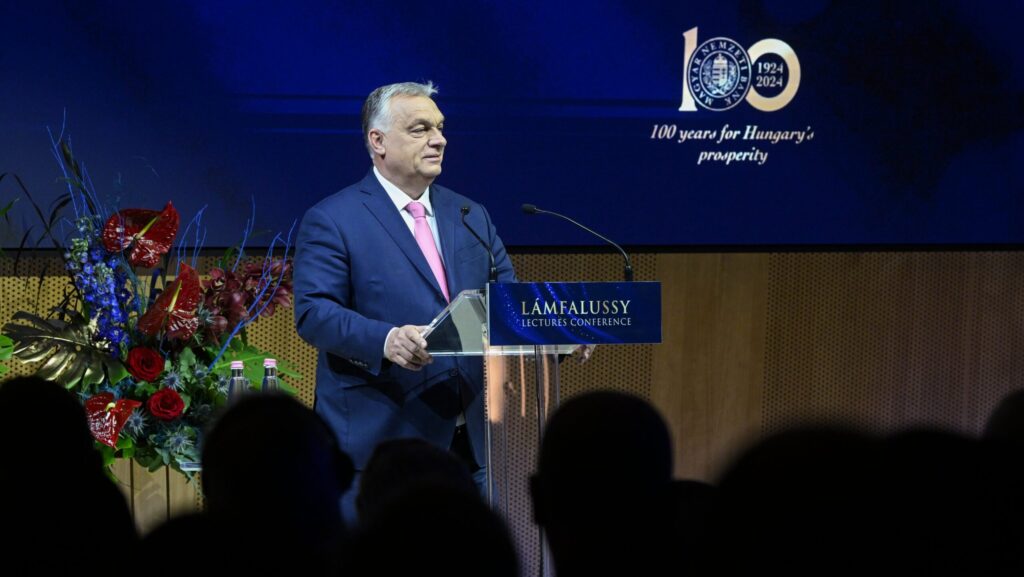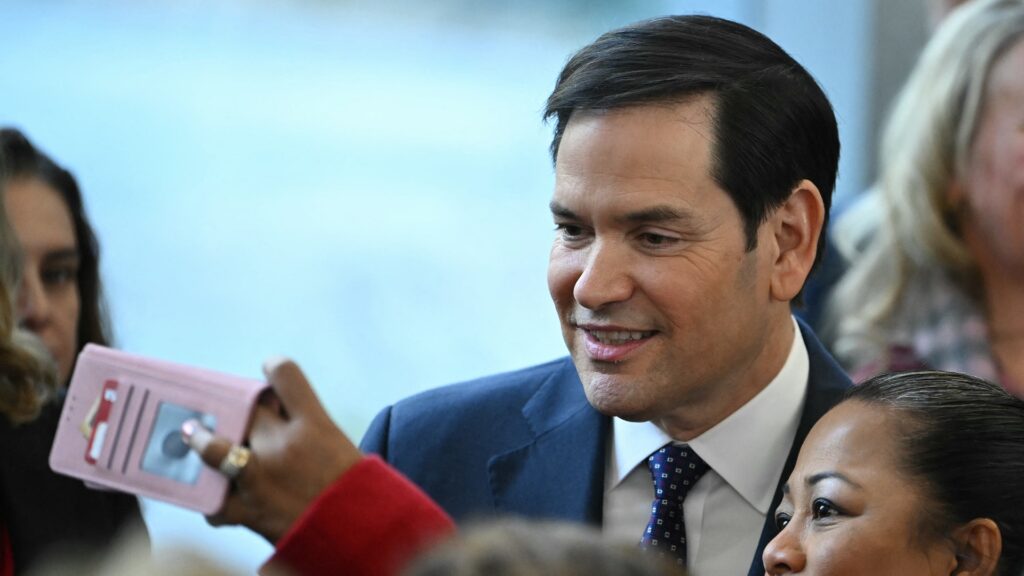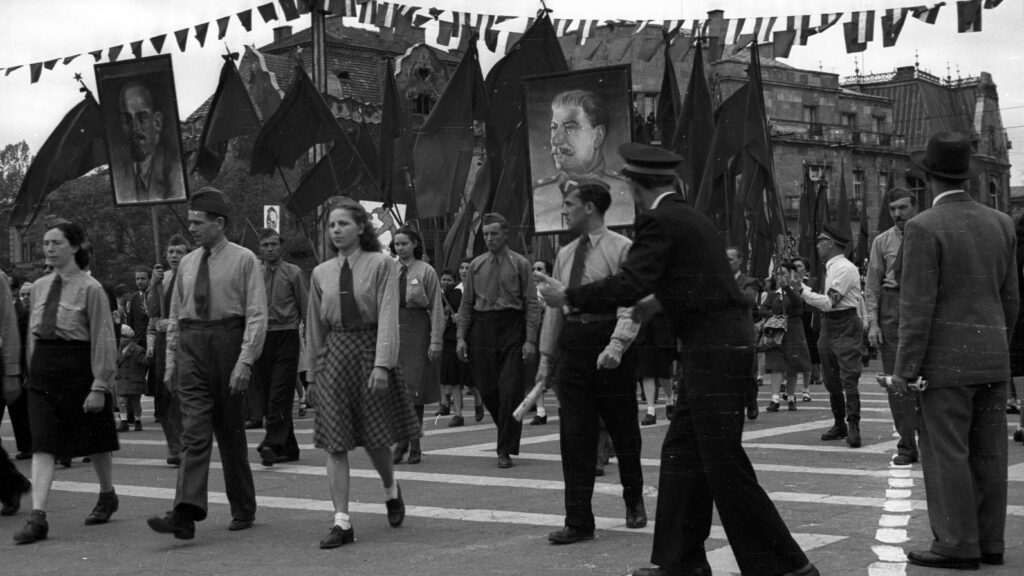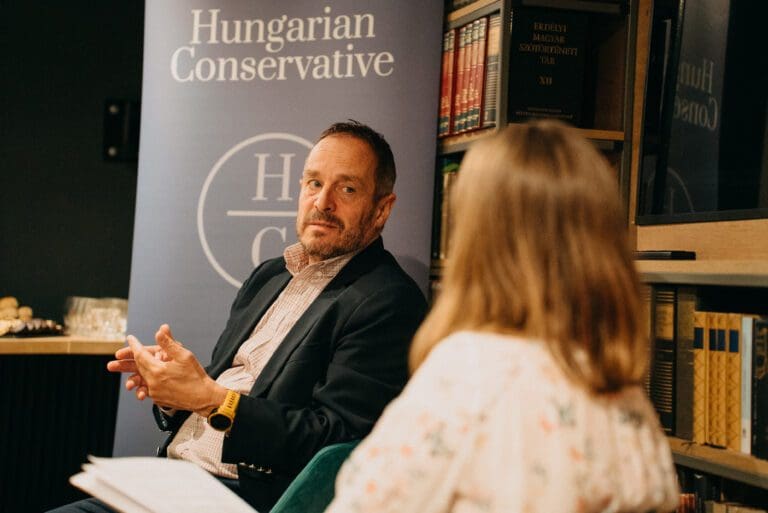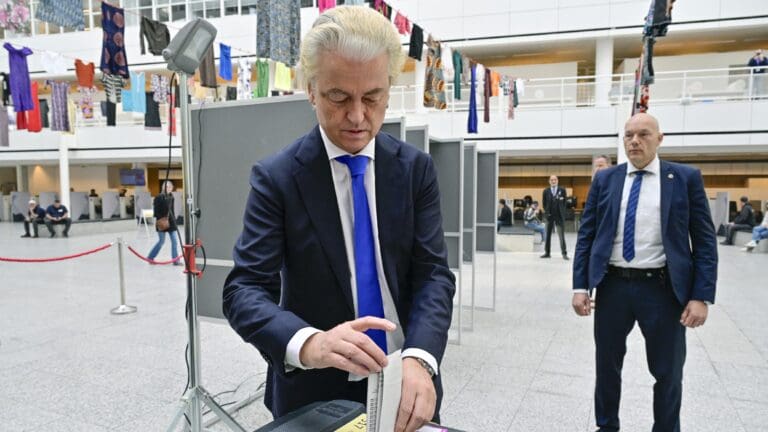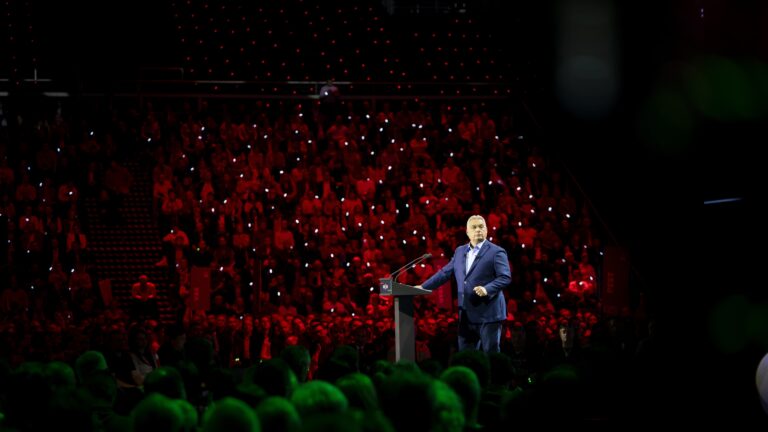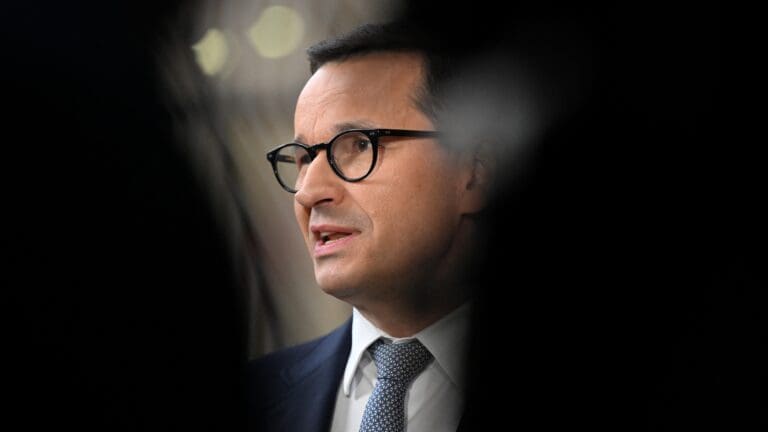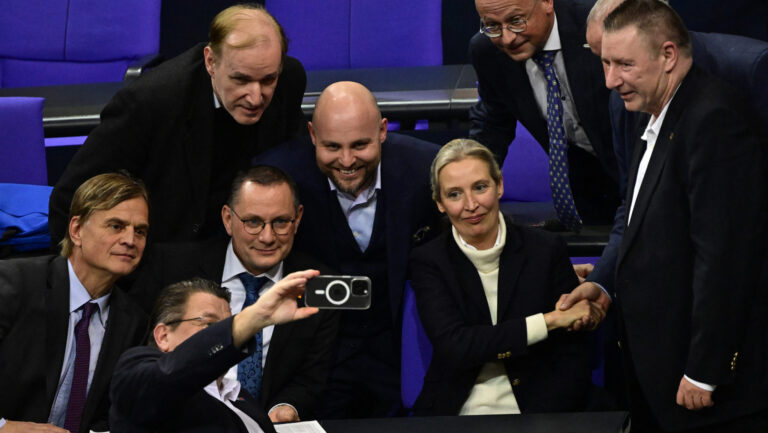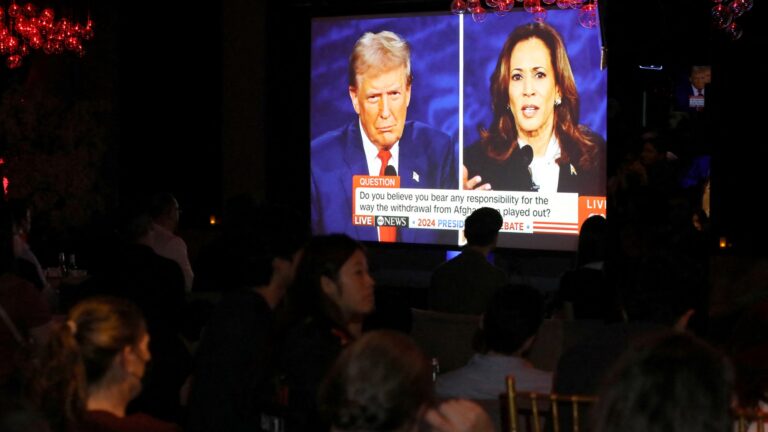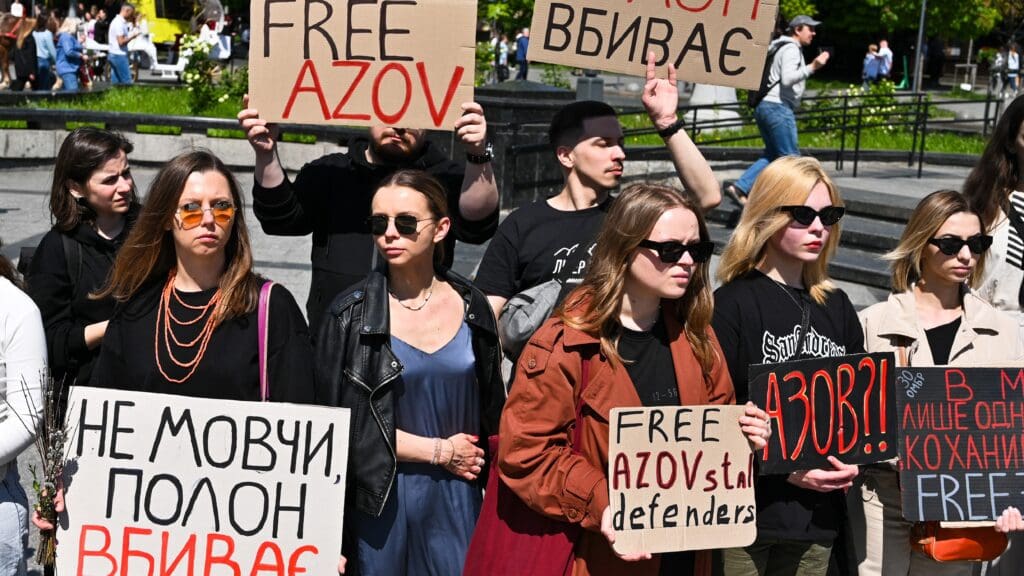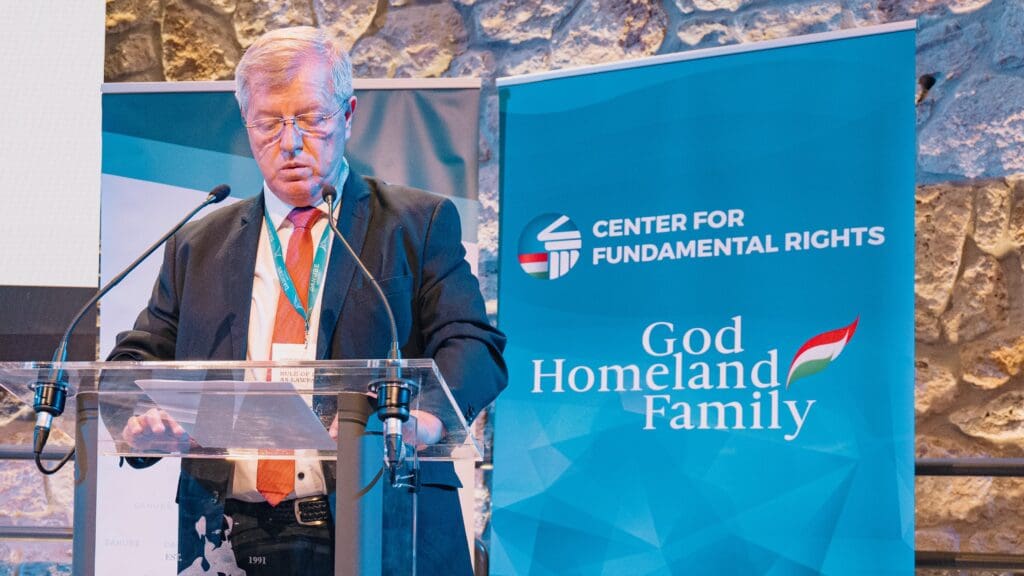
Crisis? What Crisis?
‘Just as liberalism did not succeed in transforming people after socialism, neither did the competing anti-liberal, post-Christian, nihilistic trends. The solution is certainly not political or movement-based: those had already failed by the middle of the twentieth century.’

The Geopolitics of the Demographic Shift
‘The demographic shift also suggests a move towards an increasingly multipolar world order. Not bipolar, but multipolar. While the West’s demographic weight is rapidly declining, so is that of its main opponent, China, and to such an extent that its aspirations to take over the role of global hegemon from the United States no longer seem feasible, and its economy may even slide into stagnation.’
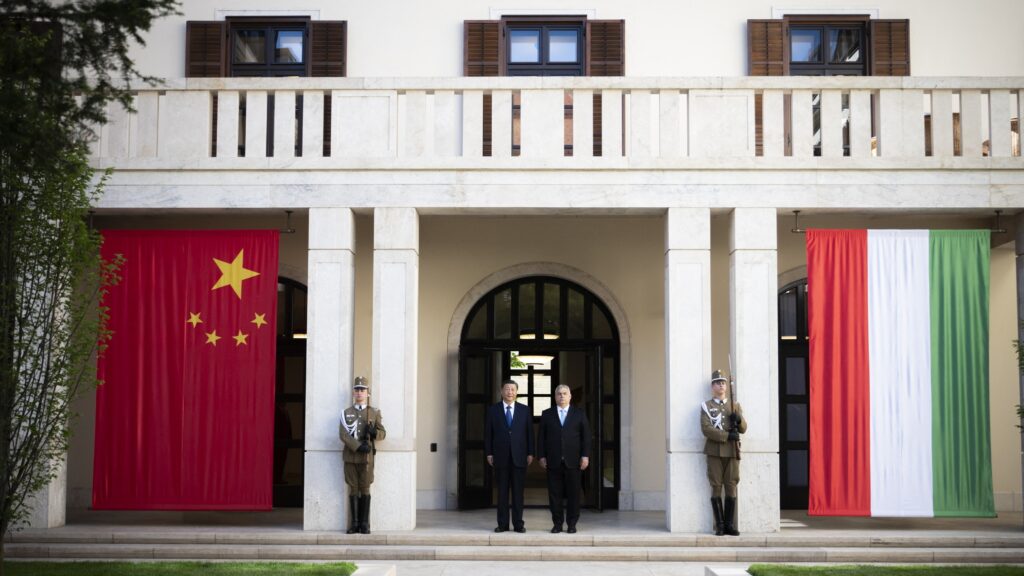
Why Is Hungary Turning to China? A Cultural Theory
‘It seems to me that Orbán sees his people as having a greater chance of surviving the disintegration of the West by forming ties to China. He might be proven wrong by history. But make no mistake: the dilemma facing Viktor Orbán is a lot like that facing Grand Prince Géza: How to strengthen the position of the small Hungarian nation amid the struggle of powerful states and empires? Géza’s geopolitical decision to baptism his son as a Latin Christian set the course of Hungarian history for a millennium. The stakes may well be as high for Orbán today.’

Pressman’s Overlooked CNN Gaffe Exposes True Purpose of Hungarian Mission
Former US ambassador to Hungary David Pressman continued his smear campaign against his former host country on CNN. However, while speaking to Christiane Amanpour, he accidentally admitted that he viewed Hungary as a ‘battleground between democracy and authoritarianism’ and that his goal was to defeat this perceived authoritarianism—essentially, ousting Viktor Orbán and his government.
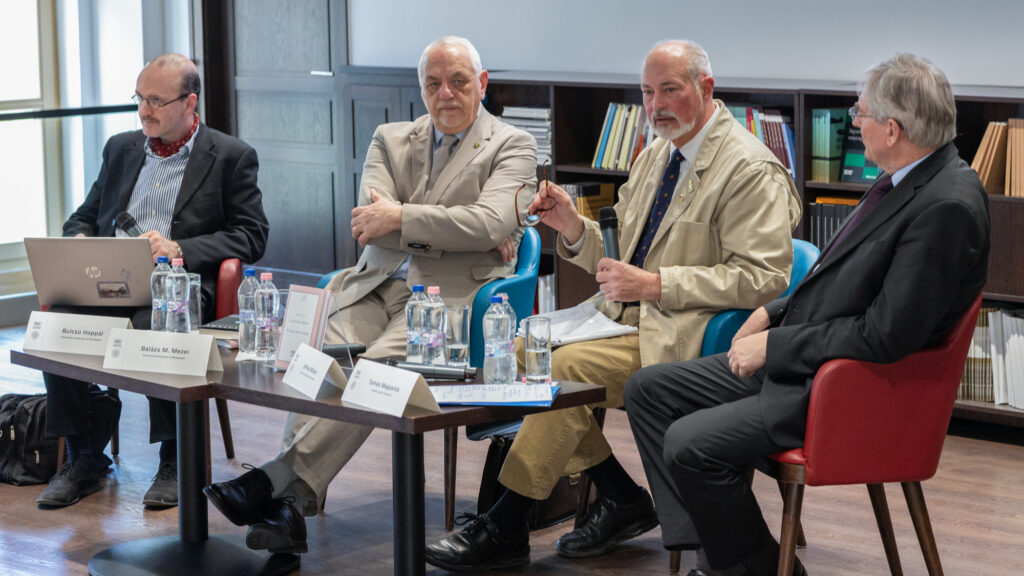
The Works of Thomas Molnar Celebrated at Ludovika University
To honour the re-publishing of Hungarian American philosopher Thomas Molnar’s books The American Way of Life and A Critique of the Ideal State, Professors Jeffrey Wilson, Balázs M Mezei, and Tamás Magyarics gathered for a panel at Ludovika University to discuss ideas such as utopianism and American exceptionalism.

Balázs Orbán Warns of Risks in Fast-Tracking Ukraine’s EU Membership
Hungary warns that Ukraine’s accelerated EU accession could pose significant political and economic risks for Europe. The government proposes a national referendum to ensure Hungarian citizens have a say in this pivotal decision impacting the nation’s future.
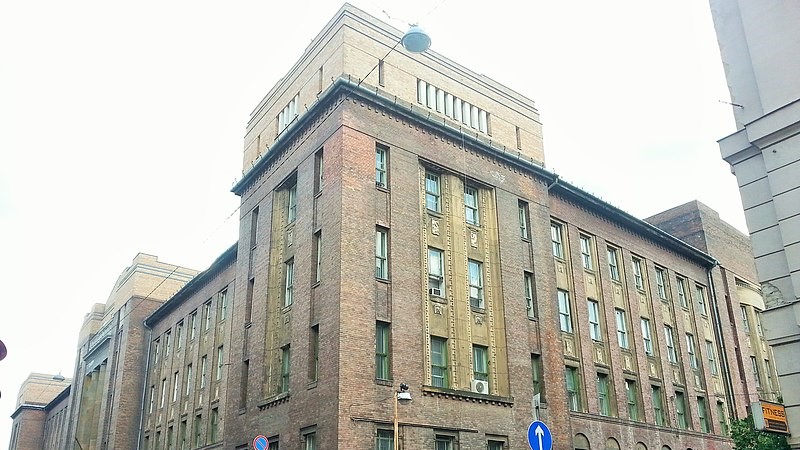
Breaking Ilona Benoschofsky, or the Birth of an Agent
‘In recent years, articles mentioning this aspect of her life have almost exclusively referenced “Xavér” in this context. While we do not intend to question this moral judgment of her activities as an informant, it is important to recognize that before she became “Xavér”, Benoschofsky was also a victim of the Rákosi regime. Her arrest and interrogation left behind a chilling 284-page dossier.’
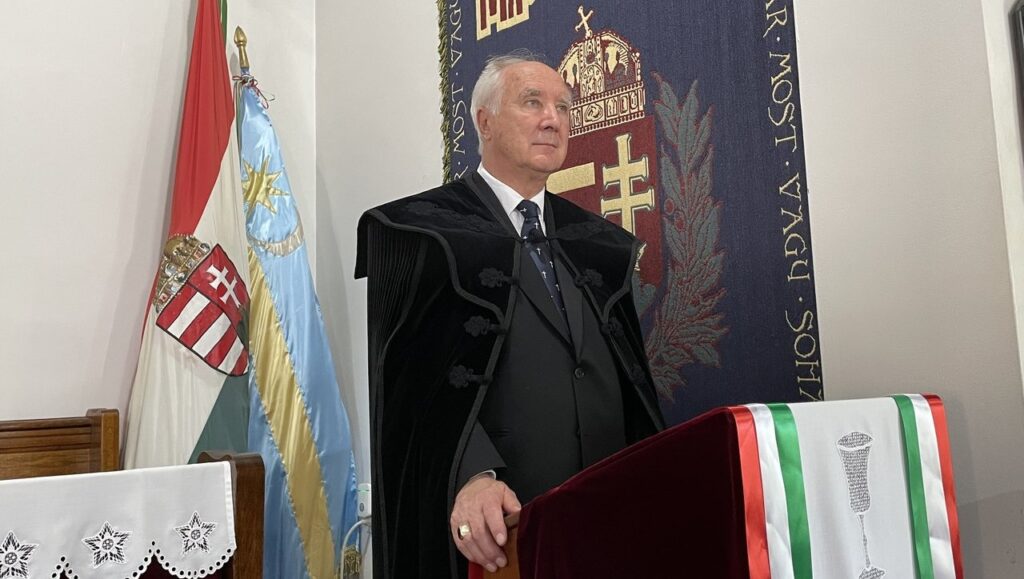
‘In the diaspora, years feel like decades’ — An Interview with Reformed Bishop Zoltán Lizik
‘I didn’t even know where the theology school was. So, I got off at the Üllői Road intersection and walked to the pastoral office at Kálvin Square, where I told the pastor what had happened to me. He responded: “This is extraordinary. The theology school is actually nearby, on Ráday Street. Go there and apply.”’
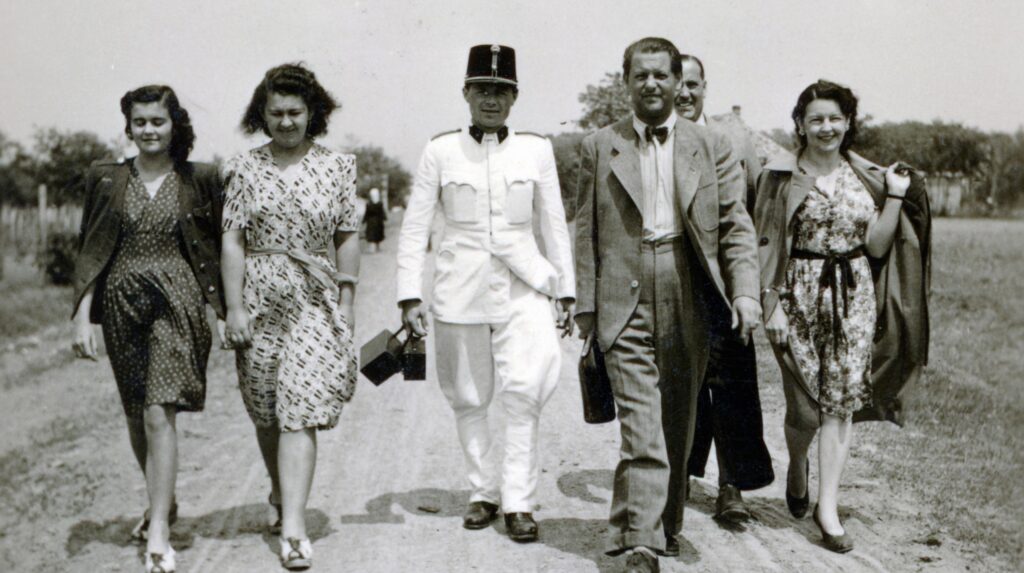
The Discreet Charm of Wartime Summer
‘We could say there is a certain discreet charm to the images from the summer of 1944, selected from Fortepan’s collection. But this charm, we might add, is rather almost morbid: we wonder at the cheerfulness captured by amateur and professional photographers during those dark months. People sunbathing, swimming in Lake Balaton, picnicking in flowery meadows, fooling around in front of the camera. Were they indifferent to the tragic events taking place during that period?’
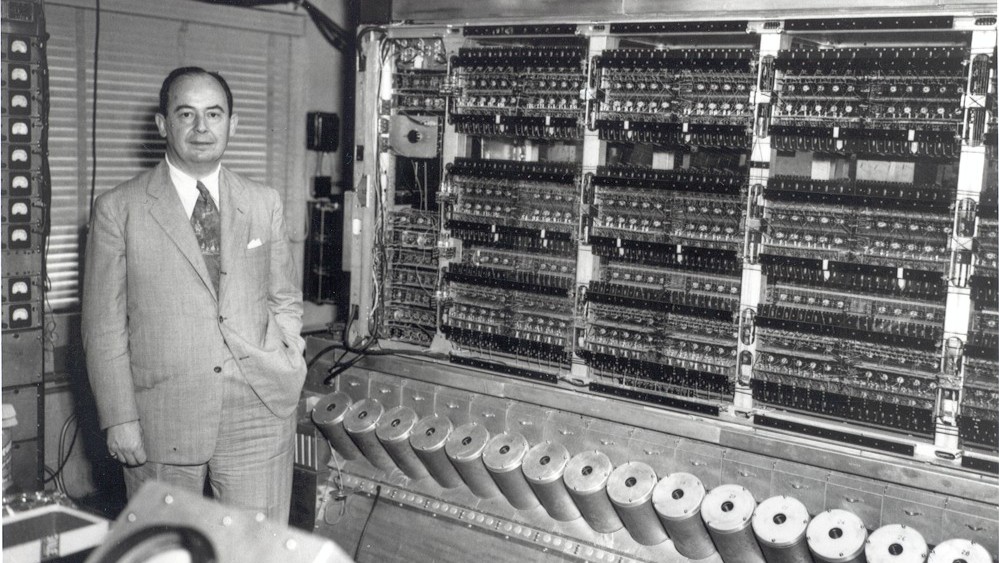
Genius in a Suit on Muleback — The Prophet of Science: John von Neumann
‘It became common knowledge that Neumann was actually some kind of demigod masquerading as a human being for some reason. A Martian, a demigod, anything but this worldly being, who stands out from the rest…Contemporary scientists, the military, and the world of politics all used his skills, his brain, in exactly the same way we use computers today. It was not without reason that Albert Szent-Györgyi declared Neumann to have had the most brilliant human mind ever.’


